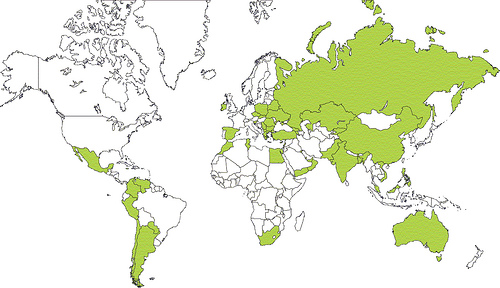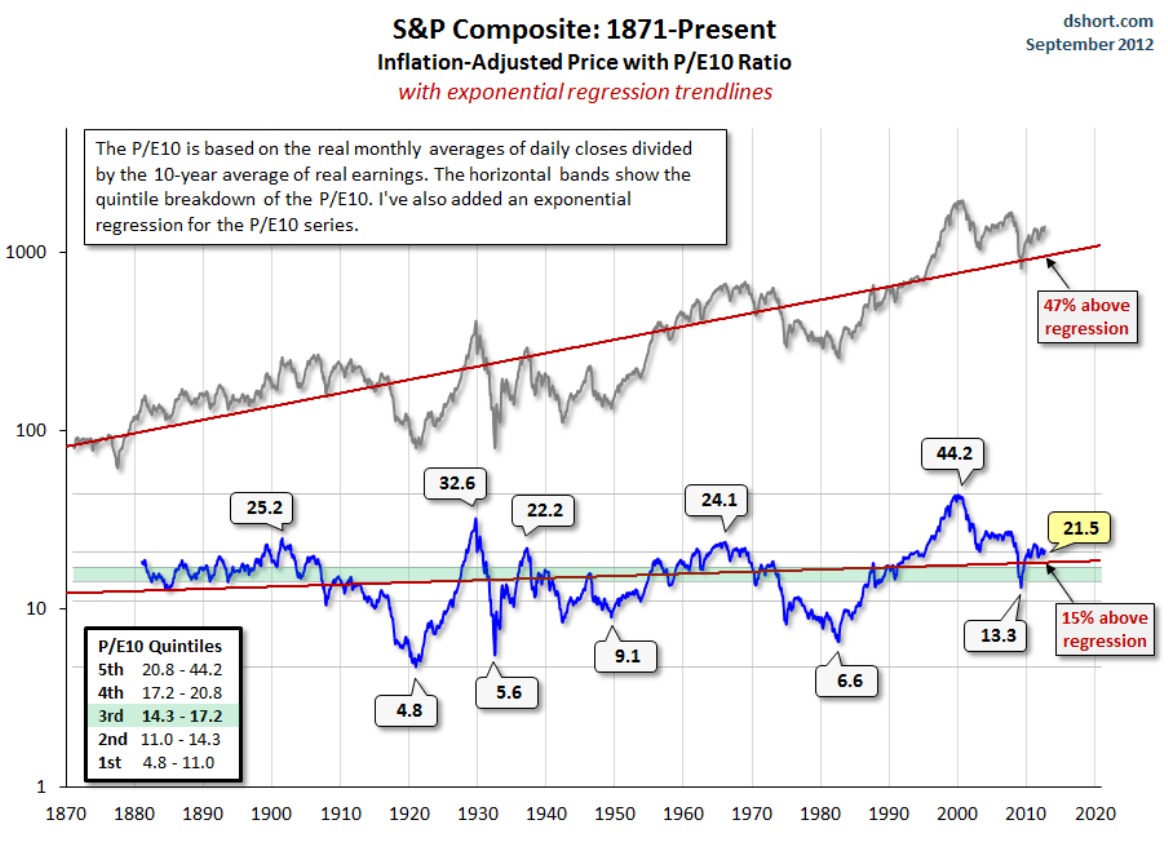Emerging market equities have underperformed the S&P 500 by a wide margin in 2013. Yet it could be a mistake to abandon developing markets because the asset class can offer diversification and growth for investors patient enough to stick with it.
Emerging markets are known for their booms and busts. This year has certainly been a dud with the iShares MSCI Emerging Markets ETF (EEM) in negative territory while the S&P 500 has gained more than 20%. Also, many emerging market currencies have weakened against the dollar as U.S. interest rates rise.
Yet emerging markets are “still a vital asset class” that has delivered outsized annual returns several times over the past two decades, says Tom Yorke, managing director at Oceanic Capital Management. The firm manages the Global Diversified Aggressive portfolio on Covestor, and the strategy holds emerging market ETFs.
“Emerging markets are less correlated to U.S. equities, which you want for diversification,” he added. “Hopefully everything is going up at the same time but obviously that’s not the case. That said, there have been a number of years when emerging market outperformance has been insane and I want to make sure I’m positioned for that with at least some of the portfolio.”
Investors in emerging markets should be prepared for some ups and downs in the notoriously volatile asset class. The iShares MSCI Emerging Markets ETF (EEM) has a three-year standard deviation of 19.73%, compared with 12.39% for iShares Core S&P 500 ETF (IVV).
The emerging market ETF lost nearly half its value in 2008 when the credit crisis struck global markets, but roared back with a gain of about 70% the following year. Before 2008, the developing market fund gained more than 30% in each of the three years leading up to the credit crisis.
Unlike the S&P 500, the MSCI Emerging Markets index has yet to reclaim its 2007 peak. Emerging markets can fall harder than developed in risk-off bouts, but they can also outperform when the global economy is humming.
“Emerging markets had a nice run that started in early 2009 and lasted up until the summer of 2011. Then the market started worrying about a Greek default and the Eurozone credit crisis, which threw a curveball to emerging markets,” Yorke said.
As a group, developing markets are way behind the S&P 500 this year but have made up lost ground since the end of August.
“Emerging markets have never been known for their lack of volatility, but they’re a box you want to check on your overall asset allocation” Yorke said. “There will be periods of underperformance when emerging markets are out of favor, but they’re still an important part of a global diversified portfolio.”
The good news is that emerging markets are offering more attractive valuations after lagging the S&P 500 for so long.
Other positive fundamental factors for developing markets include higher economic growth rates combined with rising consumption and a middle class, Yorke said.
Photo Credit: ashek
DISCLAIMER: All investments involve risk and various investment strategies will not always be profitable. International investing involves special risks, such as political instability and currency fluctuations. Past performance does not guarantee future results.





